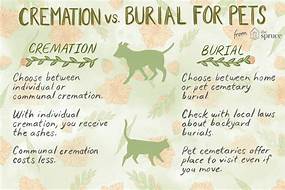Can You Have Pets in Assisted Living?
Pets can provide companionship, emotional support, and a sense of purpose for older adults. However, living in an assisted living facility can present challenges for pet owners. Before you make a decision about bringing your pet with you to assisted living, it is important to consider the following factors:

The Type of Assisted Living Facility
Some assisted living facilities allow pets, while others do not. If you are considering moving to an assisted living facility, it is important to ask about their pet policy. Some facilities may only allow certain types of pets, such as dogs or cats. Others may have restrictions on the size or weight of pets.
Your Pet's Health and Behavior
Your pet's health and behavior are also important factors to consider. If your pet has any health problems, such as incontinence or aggression, it may not be suitable for assisted living. Similarly, if your pet is very active or noisy, it may not be a good fit for a quiet assisted living facility.
Your Ability to Care for Your Pet
If you are moving to assisted living, you will need to make arrangements for someone to help you care for your pet. This may include feeding, walking, and grooming your pet. If you are unable to find someone to help you with pet care, you may need to consider rehoming your pet.
The Cost of Pet Care
The cost of pet care in assisted living can vary depending on the facility and the type of pet. Some facilities may charge a monthly pet fee, while others may require you to purchase pet insurance. You may also need to pay for pet food, supplies, and veterinary care.
The Benefits of Having a Pet in Assisted Living
Despite the challenges, there can be many benefits to having a pet in assisted living. Pets can provide companionship, emotional support, and a sense of purpose for older adults. They can also help to reduce stress, improve mood, and lower blood pressure.
Making the Decision
Ultimately, the decision of whether or not to bring your pet with you to assisted living is a personal one. There are many factors to consider, including the type of assisted living facility, your pet's health and behavior, your ability to care for your pet, the cost of pet care, and the benefits of having a pet in assisted living. If you are considering moving to assisted living, it is important to talk to your doctor, your family, and the staff at the assisted living facility to help you make the best decision for you and your pet.
Declaration: All article resources on this website, unless otherwise specified or labeled, are collected from online resources. If the content on this website infringes on the legitimate rights and interests of the original author, you can contact this website to delete it.





